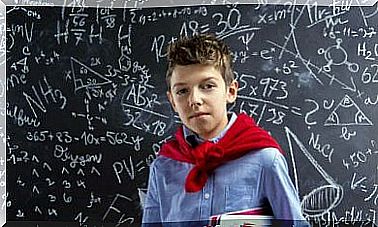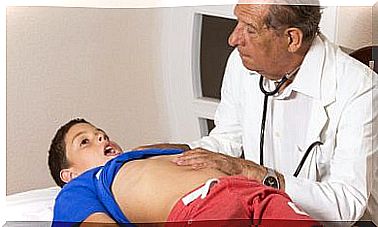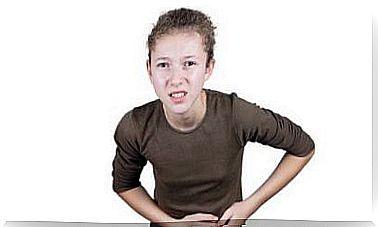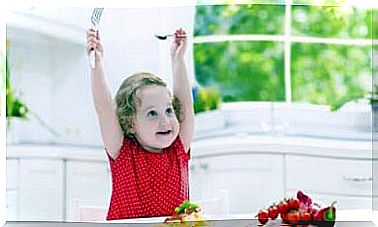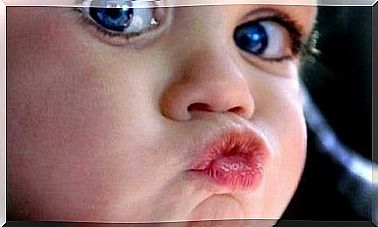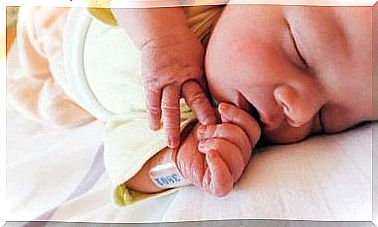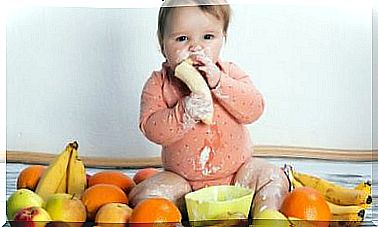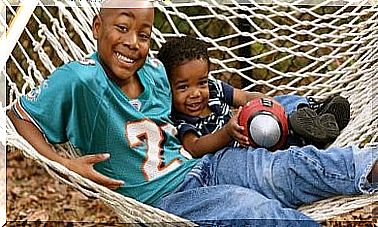3 Tips To Start Successfully In Primary School
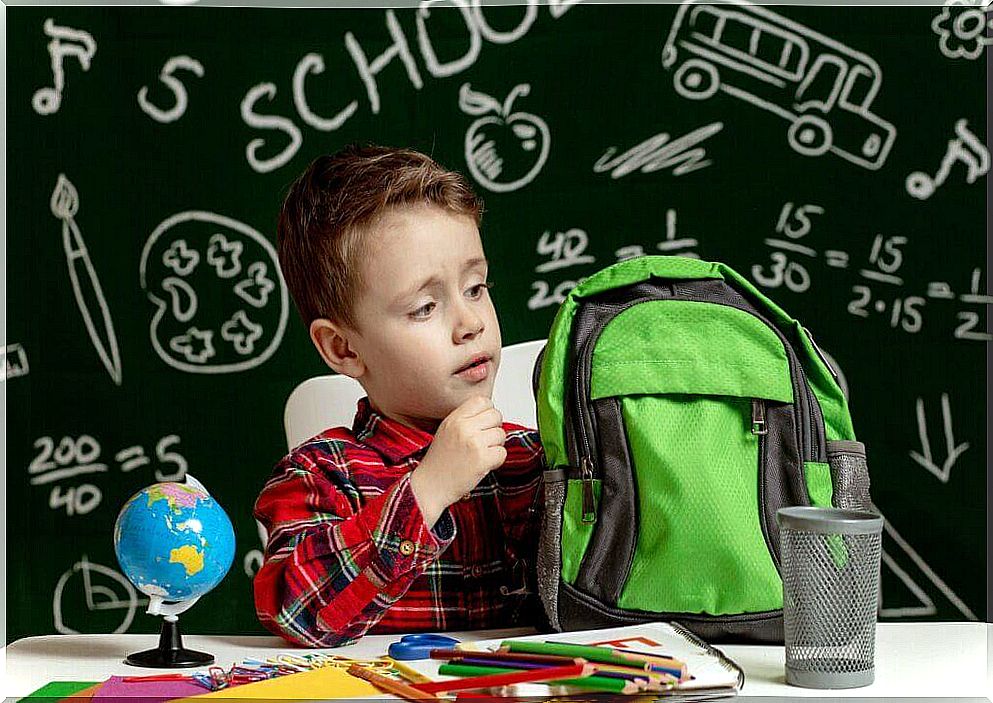
It is not always easy for children to accept changes that transform their lives in a more or less drastic way. Going from kindergarten to primary school can be a hard step for children, so it is important to help them start successfully in primary school.
Many children look forward to this transition, in a sense, because it makes them feel proud and happy to go to school with other children. However, at the same time, it can be hard for some children to adapt to a more structured everyday life. They may feel a little lost in the crowd among so many other students.
Furthermore, during this transition, many children lose the friends they had during their time in kindergarten. Therefore, they need to adapt to that new environment, as well as a new group of classmates they may not even know.
Furthermore, they may also need to adapt to other small changes, such as navigating around a larger building, using stairs, etc. While this may seem insignificant, it can be significant challenges for young children.
Of course, we must also take into account the fears and worries of family members. In other words, the transition to primary school implies a greater responsibility on the part of parents, and even grandparents, aunts, uncles and older siblings. It involves new teachers, adaptation, purchase of school equipment, transportation, homework, etc.
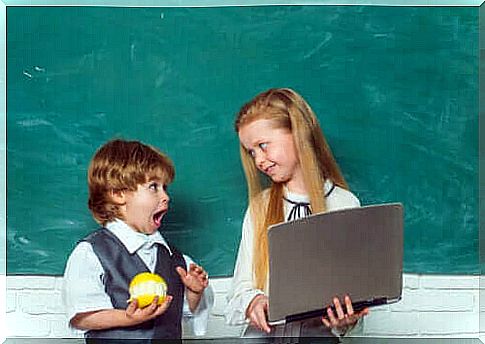
Transition from kindergarten to primary school
Our intention is not to scare you or make you worried. In general, this transition is not a cause for great concern. However, it is important to understand that it can be difficult for some children.
It is important to be aware that children, at this point in their lives, go from the preoperative stage to the actual operational stage. According to Piaget, children reach the specific operational stage of development around the age of 6-7. In other words, this shift occurs naturally in children, and schools simply echo it to adapt accordingly.
During this new stage of development, children begin to reason logically. This is exactly the time when they start making collections, improving their math skills, and so on.
Therefore, educational institutions implement transition plans. In other words, prepare the activities that suit the age and stage of development of children starting primary school. Furthermore, they adapt the curriculum to suit the needs of this age group.
How to help children start successfully in primary school
When children go from kindergarten to primary school, all the representatives involved in the education process can contribute. For example, educators have the task of working with children who are more accustomed to a relaxed environment where they can move as they please. Parents, at the same time, may feel particularly concerned about the transition.
Improving attention and mental exercises for children
During this stage, it is very important for children to be able to concentrate more and be able to take turns. To help your children at home, you can get them to do exercises that improve their memory. For example, board games or card games are an excellent way to increase their attention and retention.
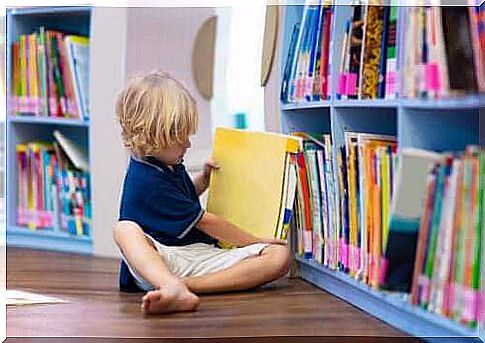
Reading time
Reading and writing are constants from the time children reach the age of 6 years. In other words, right when they start elementary school. So, with that in mind, if you want to help your kids improve their spelling and learn quickly, then reading is the answer.
Increase the amount of time you spend reading at home with your children, without pressure or imposition. Use stories, age-appropriate children’s books, etc.
Motivation to do homework
Starting primary school often marks the beginning of one of the biggest challenges in children’s academic journey: homework. Having to do homework at home can be a struggle for many children. They need help and reinforcement from parents and, in many cases, lots of motivation.
That said, it is important to clarify that homework is the responsibility of the children – not the parents. You can give your children a hand, but do not do their homework for them.
Conclusion on how you can help children start successfully in primary school
When it comes to other activities, we can encourage children to take on new roles. For example, they can even put on clothes in the morning to feel more responsible and autonomous.
Finally, as parents, we must not forget that, in order to make the transition easier, we need to follow the recommendations of educators and experts. Our children need our support during this process.
